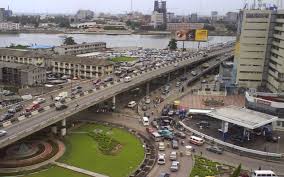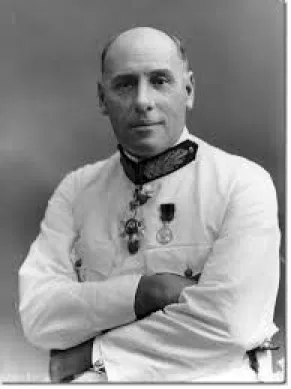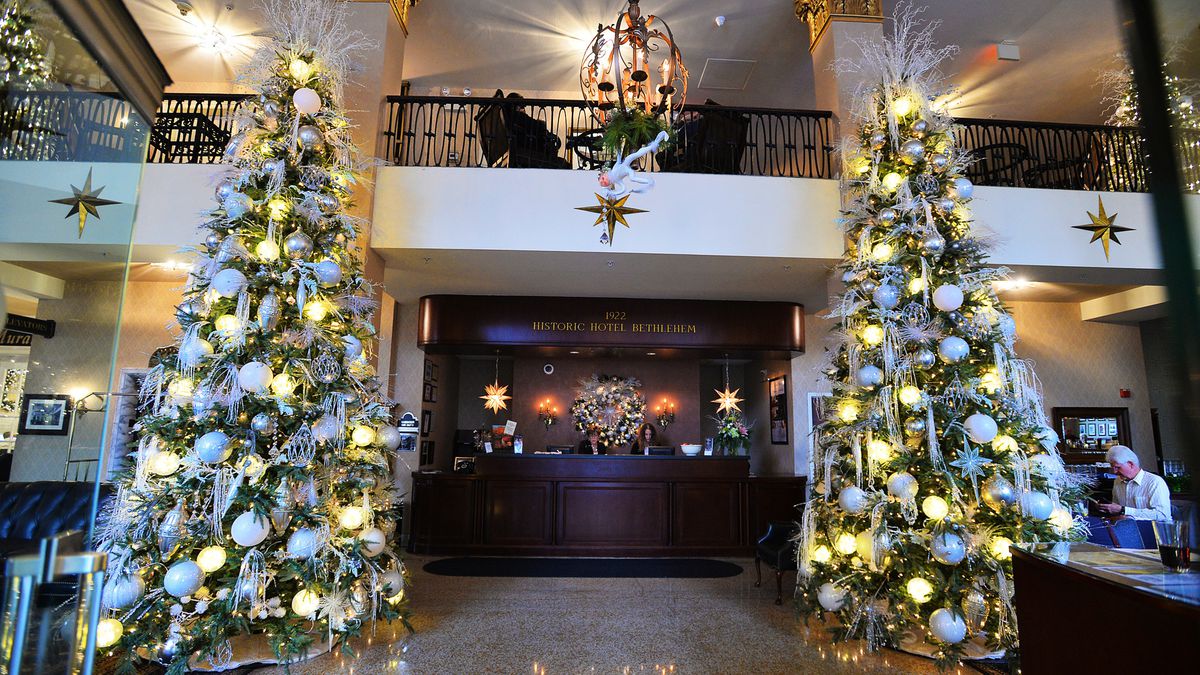About Lagos: Brief History Of Lagos State
About Lagos: Brief History Of Lagos State. Get Information On Everything You Need To Know As The History Of Lagos.

Want substantial information about how Lagos state came about? Then you have come to the right source for this information. I have put together useful and valid information on the history of Lagos that you should read. Let’s go straight to it!
Brief History Of Lagos State
Lagos (Yoruba: Èkó) is a city in the Nigerian province of Lagos. The city, with its connecting conurbation, is the biggest in Nigeria, just as on the African landmass. It is one of the quickest developing urban areas on the planet and furthermore one of the most crowded urban agglomerations on the planet. Lagos is a significant money related focus in Africa; the uber city has the most elevated GDP, and furthermore houses one of the biggest and busiest ports on the landmass.
Lagos which was the capital of Nigeria since its amalgamation in 1914, proceeded to turn into the capital of Lagos State, after its creation. In any case, the state capital was later moved to Ikeja in 1976, while the government capital likewise moved to Abuja in 1991. Despite the fact that Lagos is still broadly alluded to as a city, the current day Lagos.
Read Also: Top 10 Nigerian National Symbols and Their Meaning
Lagos was initially possessed by the Awori subgroup of the Yoruba individuals in the fifteenth century, who called it “Oko”. Under the administration of the Oloye Olofin, the Awori moved to an island presently called Iddo and afterward to the bigger Lagos Island. In the sixteenth century, the Awori settlement was vanquished by the Benin Empire and the island turned into a Benin war-camp called “Eko” under Oba Orhogba, the Oba of Benin at that point. Eko is as yet the local name for Lagos.
Lagos, which signifies “lakes”, was a name given to the settlement by the Portuguese. The present-day Lagos state has a high level of Awori, who relocated to the zone from Isheri along the Ogun stream. From the beginning of time, it was home to various warring ethnic gatherings who had settled in the territory. Following its initial settlement by the Awori honorability, and its success by the Bini warlords of Benin, the state previously went to the consideration of the Portuguese in the fifteenth century.
Portuguese pioneer Rui de Sequeira visited the region in 1472, naming the territory around the city Lago de Curamo. Another clarification is that Lagos was named for Lagos, Portugal – an oceanic town which, at that point, was the fundamental focus of Portuguese endeavors down the African coast.
In Britain’s mid nineteenth century battle against the transoceanic slave exchange, its West Africa Squadron or Preventative Squadron as it was additionally known, kept on pursueing Portuguese, American, French, and Cuban slave ships and to force abolitionist subjugation settlements with West African waterfront boss with so much resoluteness that they made a solid nearness along the West African coast from Sierra Leone right to the Niger Delta (the present Nigeria) and as far south as Congo. In 1849, Britain delegated John Beecroft Consul of the Bights of Benin and Biafra, a position he held (alongside his governorship of Fernando Po) until his demise in 1854. John Duncan was named Vice Consul and was situated at Wydah. At the hour of Beecroft’s arrangement, the Kingdom of Lagos (under Oba Kosoko) was in the western piece of the Consulate of the Bights of Benin and Biafra and was a key slave exchanging port. In 1851 and with pressure from freed slaves who currently employed political and business impact, Britain mediated in Lagos in what is presently known as the Bombardment of Lagos or Capture of Lagos bringing about the establishment of Oba Akitoye (and the ouster of Oba Kosoko) who marked Treaty Between Great Britain and Lagos, 1 January 1852. The marking of the 1852 arrangement introduced the Consular Period in Lagos’ history wherein Britain gave military assurance to Lagos.
Following dangers from Kosoko and the French who were situated at Wydah, a choice was made by Lord Palmerston (British Prime Minister) who noted in 1861, “the practicality of losing no time in expecting the conventional Protectorate of Lagos”. William McCoskry, the Acting Consul in Lagos with Commander Bedingfield met a gathering with Oba Dosunmu on July 30, 1861 on board HMS Prometheus where Britain’s plan was disclosed and a reaction to the terms were required by August 1861. Dosunmu opposed the details of the arrangement yet under the danger to release viciousness on Lagos by Commander Bedingfield, Dosunmu yielded and marked the Lagos Treaty of Cession on August 6, 1861.
The rest of advanced Nigeria was seized in 1887, and when the Colony and Protectorate of Nigeria was built up in 1914, Lagos was pronounced its capital, proceeding as such after the nation’s freedom from Britain in 1960. Alongside travelers from all over Nigeria and other West African countries were the returnee ex-slaves known as Creoles, who originated from Freetown, Sierra Leone, Brazil and the West Indies to Lagos. The Creoles added to Lagos’ modernisation and their insight into Portuguese engineering can at present be seen from the design on Lagos Island. Electric road lighting was presented in the city in 1898. Lagos experienced fast development all through the 1960s and 1970s because of Nigeria’s financial blast.
Read Also: Top 20 Richest Musicians in Nigeria And Their Net Worth 2020 (Forbes)
Before the making of Lagos State on 27 May 1967, Lagos, which was the nation’s capital had been managed straightforwardly by the Federal Government as a Federal Territory through the Federal Ministry of Lagos Affairs, while the Lagos City Council (LCC) represented the city. Lagos, alongside the towns from the then Western district (Ikeja, Agege, Mushin, Ikorodu, Epe and Badagry), were in the long run caught to make Lagos State. Lagos city was part into the current day seven Local Government Areas(LGAs), while different towns presently make up 13 LGAs in the state. Lagos assumed the double job of being the State and Federal Capital until 1976, when the state capital was moved to Ikeja. Lagos was antagonistically influenced during Nigeria’s military standard. Likewise, on 12 December 1991, the seat of the Federal Government was additionally officially migrated to Abuja. Be that as it may, Lagos despite everything remains the money related focus of the nation, and furthermore developed to turn into the most crowded conurbation in the nation.
We Believe This Article Was Helpful, Don’t Hesitate To Share This Information With Your Friends On Facebook, Twitter, Whatsapp and Google plus.
Copyright Warning: Contents on this website may not be republished, reproduced, redistributed either in whole or in part without due permission or acknowledgement. All contents are protected by DMCA.
The content on this site is posted with good intentions. If you own this content & believe your copyright was violated or infringed, make sure you contact us via This Means to file a complaint & actions will be taken immediately.



